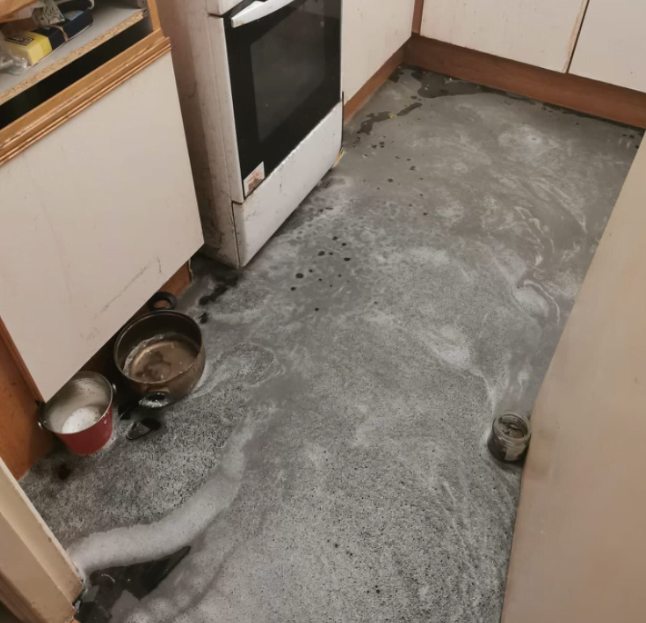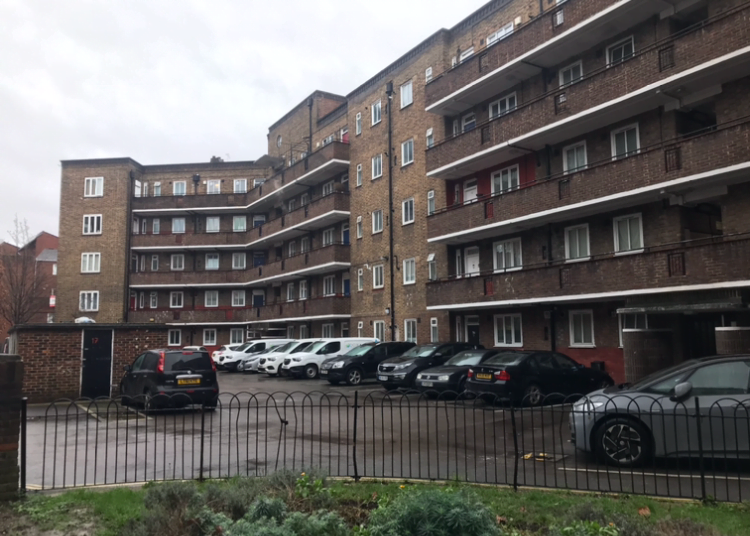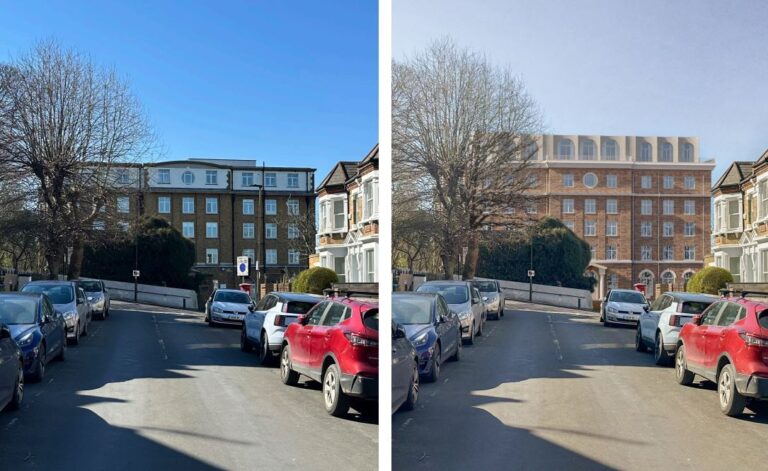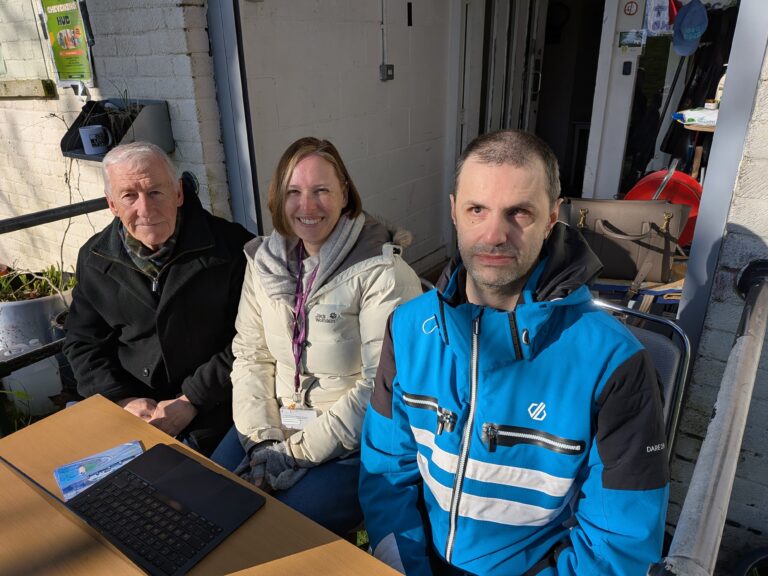A woman who lay dead in her leaking Borough flat for several months, despite a neighbour warning the council about her welfare, still hasn’t been identified.
Local MP Neil Coyle, who has questioned whether Southwark Council supported the woman enough in the months leading to her death, said the process was taking “too long”.
Southwark Council has said it is working with police to identify the woman but has warned that sometimes “formal identification is very sadly not possible”.
This paper understands the body’s decomposed state has made identification difficult.
The council has commissioned an ongoing independent investigation into the case to work out if internal processes need to change to avoid such a situation arising again.
Exclusive: Woman found dead in ‘swamp’ flat ‘lay there for roughly four months’
Bermondsey and Old Southwark MP Neil Coyle said: “The council and police both need to push for identification as soon as possible. It’s been too long and no one can claim to have ‘learned any lessons’ when the most basic first step has not yet been done.”
Southwark Liberal Democrat Leader Cllr Victor Chamberlain said the inability to identify this woman after four months was a “failure” and that “internal processes need immediate change”.
A council officer first discovered the woman’s deceased body on the Tabard Garden Estate on January 6 this year – but it wasn’t the council’s first interaction with the resident.
Jeffrey Boachie-Frimpong, a neighbour living below the woman’s flat, first became concerned about the woman in March last year – some six months before she is believed to have died.
Water was leaking into his flat from above so he visited the woman’s apartment to investigate the cause of the leak on March 6.

He told this paper that the woman was living in swamp-like conditions due to a build-up of scummy water in her flat.
The council repaired the leak soon after it was reported but Jeffrey began experiencing new leaks from the ceiling again in September 2022.
He told the council but they were unable to access the woman’s flat. It was only when leaks broke Jeffrey’s light in January – some four months later – that an officer forced entry into the woman’s flat and found her dead.
It has since emerged that there Jeffrey had warned the council about the woman’s welfare.
In October 2022 he emailed Southwark Council, writing: “They [repair workers] came today but they couldn’t do any work as the person above is not in again. Someone needs to check on the person living there is okay because I have knocked a few times and no one is ever in.”
The council has also confirmed that some four months before that, on July 26, 2022, the woman contacted them about problems she was facing.
She said she had recently broken her leg, had lost her job and was worried about not being able to afford rent.
The council’s response was to refer her to the Citizen’s Advice Bureau.
Following these revelations, MP Neil Coyle accused the council of “burying its head in the sand” because of perceived inaction following the woman’s discovery.
He said: “I am deeply disheartened and frankly distressed by the upsetting response from council officers, who are seeking to move on without addressing the problems this tragedy has exposed.”
Cllr Victor Chamberlain said: “Their inability to identify this woman after four months, despite her being a council tenant, is yet another failure. In January I called for an urgent report into this case.
“We welcome the independent review and await its conclusions but, even without those conclusions, it is plain to see that internal processes need immediate change.
“This must never be allowed to happen again. Southwark needs to learn some urgent lessons.”
The case bears parallels with that of Sheila Seleoane, who lay dead in her Nunhead flat for over two years.
She was discovered in February 2022 having died around August 2019 – 29 months earlier.
Deceased Nunhead woman lay undiscovered for two years, inquest hears
At a coroner’s hearing, housing association Peabody admitted it didn’t “join up the dots” despite the evidence that Sheila had died.
Clues to her death included her failure to pay rent, her gas being switched off and the awful smells coming from her apartment.
We asked Robin Hewing, programme director at the Campaign to End Loneliness, how people living in densely-populated cities could become so isolated.
He said: “The issue in London is that it can take longer to find your community in London. There are advantages of being in London but it can take time to find your place.
Asked who is responsible for preventing loneliness, Robin said: “Local authorities can make a big difference… they take a lot of the big decisions when it comes to what our neighbourhoods are like so they are really important… if you can create places where your tenants can become neighbours, you can have a much more robust and sustainable communities.”
A Southwark Council spokesperson said: “We remain in regular contact with the police who have a number of live enquiries to try and establish the resident’s identity, which is still not yet confirmed. Sometimes where there are no health records or family members, formal identification is very sadly not possible.
“The council’s investigation is ongoing. It is being undertaken independently of the services being examined and as soon as it is finalised, we will make the report and its conclusions public.”






